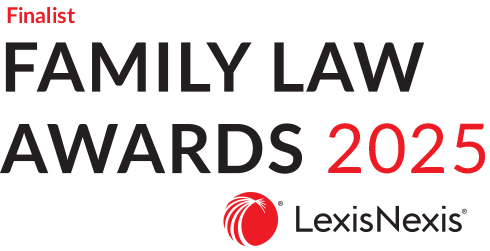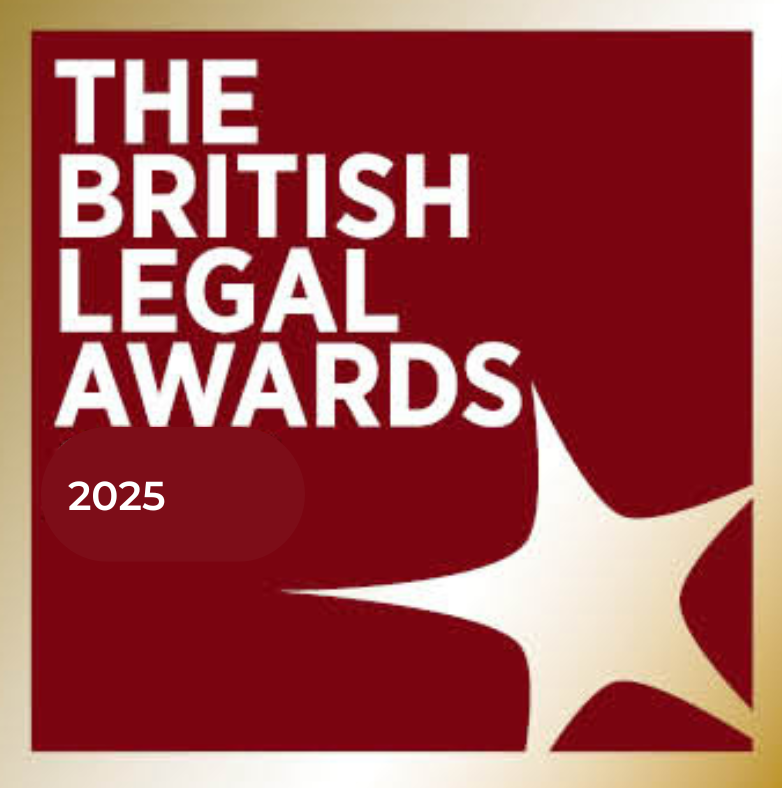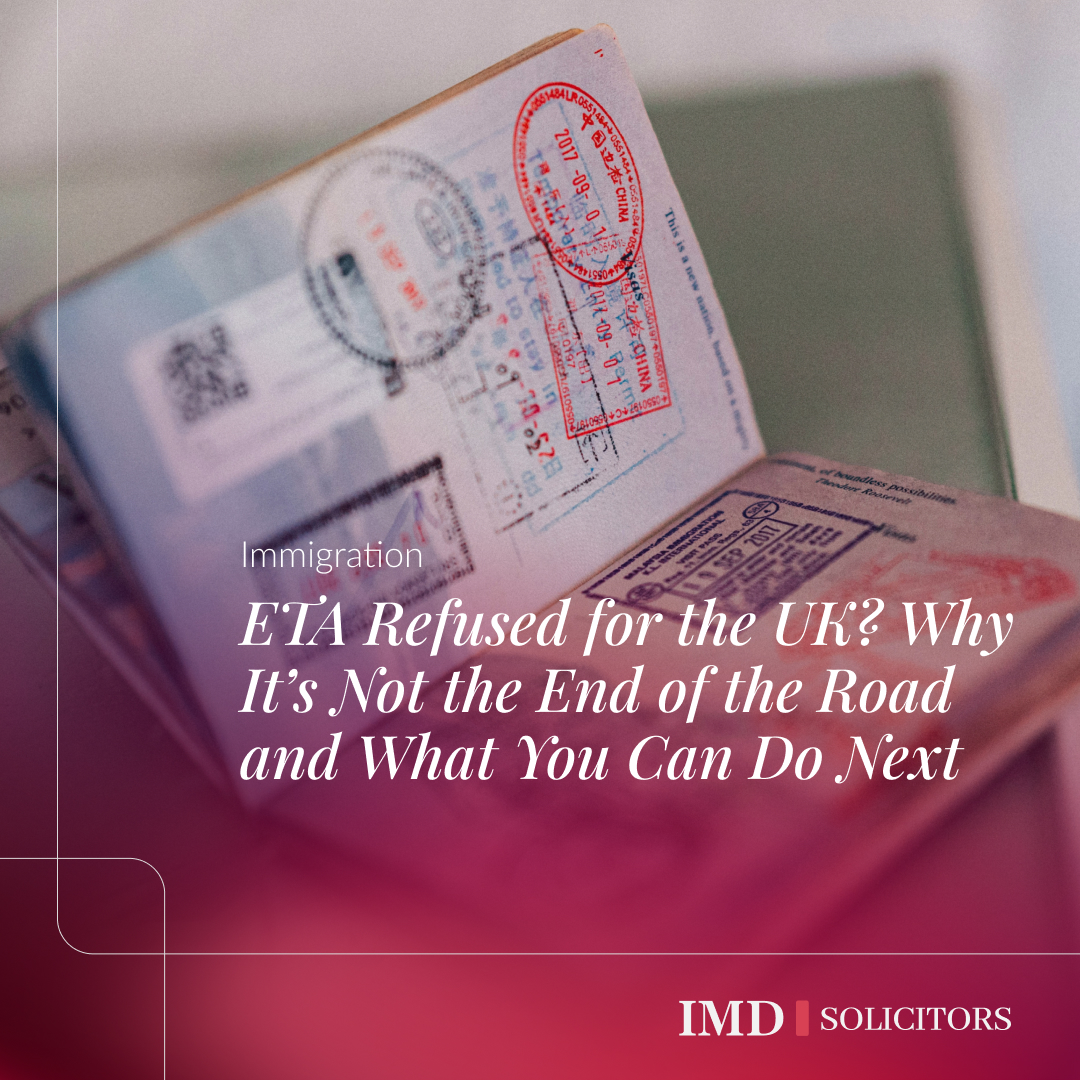ETA Refused for the UK – It Is Not the End of the Road
With the UK’s new Electronic Travel Authorisation (ETA) system now in force for an expanding list of nationalities, many travellers are finding themselves unexpectedly refused entry authorisation, sometimes with minimal explanation and very little time to react.
If you or a member of your family has had an ETA refused, it is understandable to feel concerned or frustrated. It is important to know:
- An ETA refusal is not the same as a visa refusal and it does not mean you cannot still come to the UK.
- With the right approach, legal support, and a clear understanding of your options, there are still viable ways forward including a properly prepared Standard Visitor Visa application.
Understanding ETA Refusal: What Happened and Why?
The ETA is a pre-travel screening system introduced by the UK Government for non-visa nationals who previously did not need a visa to enter the UK for short stays (e.g., tourism, business, or family visits). It is designed to be fast and automated, but this simplicity can also result in automated refusals, often without clear reasons.
Common Grounds for ETA Refusal:
- Past immigration issues (e.g., overstaying or previous visa refusals)
- Criminal convictions (even historical or minor ones)
- Inaccurate or inconsistent information on the ETA application
- Concerns over your intention to leave the UK
- Security or public interest concerns flagged by automated systems
Many applicants are taken by surprise, especially if they have visited the UK previously without issue. It is important to remember:
An ETA refusal does not close the door to the UK, it simply means a different route may be required.
One of the most important factors in a successful visa application after an ETA refusal is acknowledging and responding directly to the reason for the initial denial.
Criminality is the most common reason for refusal because immigration authorities must ensure the safety and security of the country and its citizens.
If the refusal was due to a criminal conviction, your application should include:
- Full disclosure of the offence, including official documents (e.g. police reports, court records)
- Context about the circumstances and time passed since the incident
- Proof of rehabilitation and strong character references
- Legal opinion on whether the offence is “spent” under UK law
Why Is Criminality a Ground for Refusal?
Under immigration policy, individuals who have a history of criminal activity may be considered a risk to public safety or may not meet the character requirements necessary for entry. The policy states that any applicant who has been convicted of a serious offence or has a pattern of offending behaviour may be refused an ETA.
The policy aims to protect the community by preventing entry to those who might pose a threat or who do not meet the required character standards.
Does a Spent Offence Affect an ETA Application?
A spent offence is a conviction that, after a certain period without further offending, is considered “spent” or no longer required to be disclosed under certain legal frameworks (like rehabilitation laws). However, when it comes to immigration applications, including ETAs, the rules can be different:
- Many countries require full disclosure of all criminal convictions, including spent offences, because immigration authorities often have separate character and security checks that are not bound by the same rules as criminal rehabilitation.
- Spent offences may still be considered in the assessment of your character and suitability to enter, especially if the offence was serious or recent.
- Some jurisdictions explicitly ask applicants to disclose all convictions, regardless of spent status, to ensure transparency.
What Should You Do?
Always check the ETA application form carefully for instructions about disclosing convictions.
If the form or guidelines require disclosure of all convictions (spent or not), you must disclose them honestly. Failure to do so can lead to refusal or future bans due to providing false information.
If in doubt, it is safest to disclose spent offences and provide context if possible.
If the refusal was based on immigration history:
- Clear records of any previous visa issues or overstays
- Explanations of how your situation has changed since
- Evidence of future compliance and lawful behaviour
If the reason is general or unclear:
- A comprehensive cover letter addressing possible red flags
- Detailed itinerary and purpose of travel
- Financial documents, return flights, accommodation details
- Proof of employment or other strong ties to your home country
The Standard Visitor Visa: A Viable and Practical Alternative
If your ETA application has been refused, the Standard Visitor Visa may offer a more robust solution.
While this visa involves a more detailed application process, it allows for a thorough presentation of your personal circumstances, including full supporting evidence and legal explanations where needed.
- A strong Visitor Visa application should show:
- A clear, permitted reason for visiting the UK (e.g. business, tourism, family)
- Financial capacity to support yourself during the stay
- Evidence of strong ties to your home country and intention to return
- No risk to UK immigration control or public safety
- Addressing the Specific Reason for Refusal
Supporting Employers & Global Mobility Teams
At IMD Corporate, we regularly advise international employers, HR departments, and mobility teams dealing with urgent UK travel needs from short business trips to strategic project visits.
Our immigration lawyers support employers by:
- Identifying the most appropriate visa path after an ETA refusal
- Preparing tailored visitor visa applications for employees
- Advising on business visitor rules and compliance
- Minimising the risk of future refusals for other staff
- Offering clear documentation checklists and guidance at every step
We understand that time is often critical, especially when dealing with global operations, board meetings, site visits, or project launches.
Why Choose IMD Corporate?
With years of experience in UK immigration law, our team understands the technical, legal, and practical challenges that follow an ETA refusal.
We offer:
- Personalised case assessments and strategic planning
- Expertly drafted visa applications with robust supporting evidence
- Legal letters addressing past issues and anticipating UKVI concerns
- Ongoing support from start to finish
Whether you are an individual affected by an ETA refusal or an organisation trying to get key personnel into the UK, we are here to help you take the next step effectively and efficiently.
Let’s Talk! Book a Consultation Today
An ETA refusal can be disruptive but it’s not the end of the road. In fact, in many cases, a more detailed visa application simply gives you a better chance to explain your circumstances and secure UK entry.
Call us now or email our team to arrange a confidential consultation.
Awards and accreditations












IMD in the media






Advice centre




